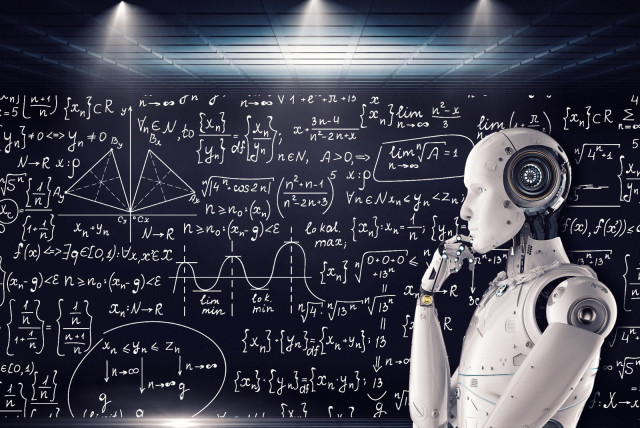Tom Hanks says he could star in movies after death using AI

"Anybody can now recreate themselves at any age they are, by way of AI or deep fake technology," Hanks said.
With the help of artificial intelligence, you might see Tom Hanks on the big screen long after he's died.
The two-time Academy Award-winning actor said on an episode of The Adam Buxton Podcast released Sunday that the power of AI will play a significant role in the future of filmmaking.
"This has always been lingering," Hanks said. "The first time we did a movie that had a huge amount of our own data locked in a computer — literally what we looked like — was a movie called The Polar Express," he said of the 2004 film.
"We saw this coming," the Forrest Gump and Cast Away star continued. "We saw that there was going to be this ability in order to take zeros and ones inside a computer and turn it into a face and a character. Now, that has only grown a billionfold since then and we see it everywhere."
Hanks, 66, continued: "I can tell you that there [are] discussions going on in all of the guilds, all of the agencies, and all of the legal firms in order to come up with the legal ramifications of my face and my voice — and everybody else's — being our intellectual property. What is a bona fide possibility right now, if I wanted to, [is] I could get together and pitch a series of seven movies that would star me in them in which I would be 32 years old from now until kingdom come."
"Anybody can now recreate themselves at any age they are, by way of AI or deep fake technology… I could be hit by a bus tomorrow and that's it, but my performances can go on and on and on," he said. "Outside of the understanding that it's been done by AI or deep fake, there'll be nothing to tell you that it's not me and me alone, and it's going to have some degree of lifelike quality."
AI has been used by Holocaust survivors to keep stories alive
While Hanks's claims sound futuristic, Holocaust survivors have set a precedence for the technology he discusses.
Nineteen Israelis have so far used AI to record their memories of the Holocaust, in which 6 million Jews were killed, for a project run by the Chasdei Naomi organization which supports the survivors. The AI service generating images will leave an enduring record of their trauma for future generations.
Reuters contributed to this report.
Jerusalem Post Store
`; document.getElementById("linkPremium").innerHTML = cont; var divWithLink = document.getElementById("premium-link"); if (divWithLink !== null && divWithLink !== 'undefined') { divWithLink.style.border = "solid 1px #cb0f3e"; divWithLink.style.textAlign = "center"; divWithLink.style.marginBottom = "15px"; divWithLink.style.marginTop = "15px"; divWithLink.style.width = "100%"; divWithLink.style.backgroundColor = "#122952"; divWithLink.style.color = "#ffffff"; divWithLink.style.lineHeight = "1.5"; } } (function (v, i) { });


